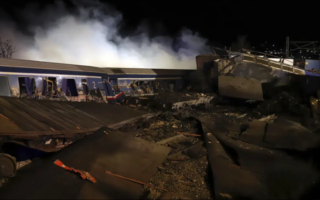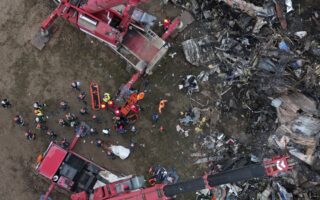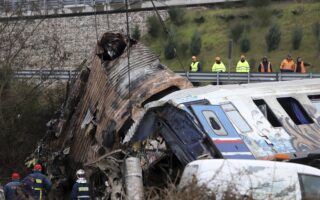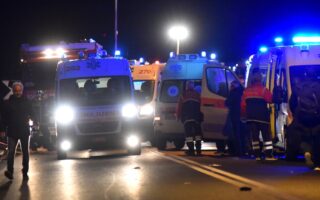A derailed transport model
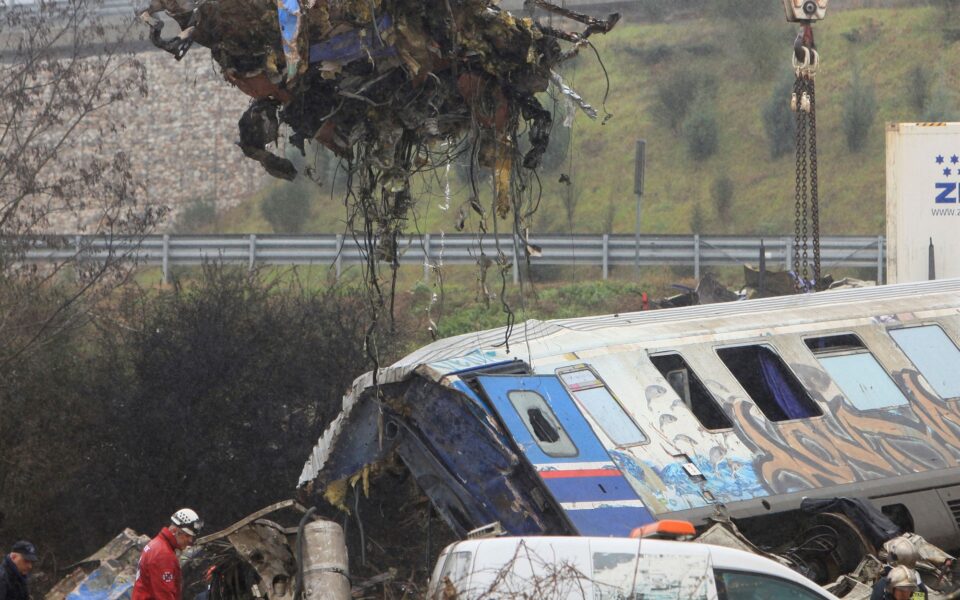
According to data from the European Union’s railway agency published last year, Greece has a poor record of railway passenger safety compared to other countries in Europe, recording the highest railway fatality rate per million train kilometers from 2018 to 2022 among 28 states on the continent.
Put simply, Greece has the worst railway system in Europe. Anyone who has been on a train in Italy, Germany, France, the Czech Republic, Scandinavia or other European countries will tell you that there simply is no comparison. Greek trains can only be compared to those presently in service in Egypt, Turkey or Bulgaria and are, perhaps, slightly superior to those found in India or Bangladesh.
Greece never developed a railway culture. Train travel has never been the primary form of land transport. The result has been an antiquated network of railways and trains which, despite the occasional patchy attempt to modernize the system, has repeatedly been the source of tragedy.
The decision to promote truck transport and bus travel in this corner of Europe was motivated by political expediency, as the ruling class eyed returns that trains could not provide
Greece’s ambitions for a modern railway system went off the tracks in the 1950s and 1960s when infrastructure was put in place in a bid to spur growth in a country devastated by war. The reconstruction of postwar Europe relied heavily on railway networks which were quickly repaired to serve as a key instrument for growth. Greece was an exception, as it chose trucks over trains for freight transport. The argument that Greece’s mountainous terrain is unsuited to train travel does not hold given that railway networks run across far more challenging mountains and ravines in Switzerland, Austria, northern Italy or the Pyrenees.
The decision to promote truck transport and bus travel in this corner of Europe was motivated by political expediency, as the ruling class eyed returns that trains could not provide. Politicians handed out truck and bus licenses as leverage for local party leaders who then paid back the political favor by attracting votes from the local community. Greece has, as a result, come to have one of the proportionally largest fleets of trucks and, at the same time, the worst rail network in Europe – a network which, according to experts, needs to be scrapped and rebuilt from scratch. Any steps toward modernizing the country’s railway system have been achieved thanks to the pressure, and occasional threats, from the EU, with the aim of making Greek lines compatible with its European counterparts.
“Never again,” Prime Minister Kyriakos Mitsotakis said referring to the tragedy. “Now or never,” one might add, as the country is presented with a big opportunity to finally obtain a safer, greener and more economical means of transport.
